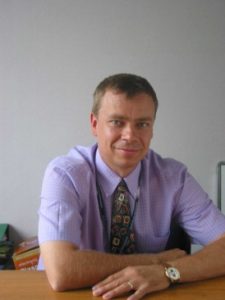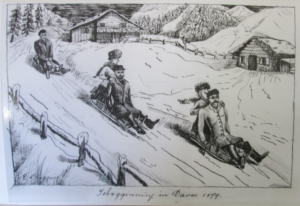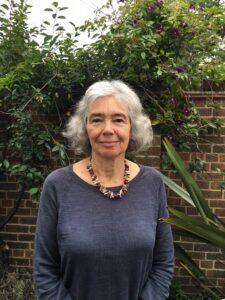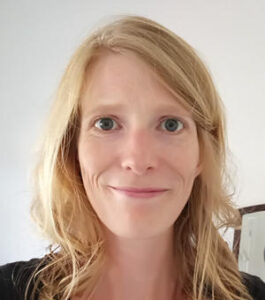Tuesday 15th August 2023 from 19:00 for 19:30
Abingdon United Football Club (Northcourt Rd, OX14 1PL, Abingdon)
Please note our move to the third Tuesday of the month for 2023.
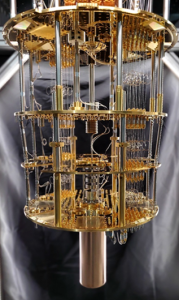 This talk will describe the range of new technologies being developed based on the physics of quantum mechanics involving interactions at the fundamental level of single photons, atoms, ions and superconductivity. These developments are part of a large government investment in quantum technologies with the objective of growing new companies and enhancing national security.
This talk will describe the range of new technologies being developed based on the physics of quantum mechanics involving interactions at the fundamental level of single photons, atoms, ions and superconductivity. These developments are part of a large government investment in quantum technologies with the objective of growing new companies and enhancing national security.
Speaker: Dr Rhys Lewis
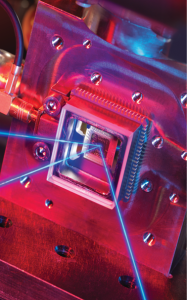 Dr Rhys Lewis is the Head of the Quantum Metrology Institute at the National Physical Laboratory (NPL) a government-owned laboratory applying science in support of UK industry. He is responsible for NPL’s strategic direction in quantum and for leading NPL’s programme as a partner in the UK National Quantum Technologies Programme. The NPL Quantum Programme involves establishing test and evaluation capabilities for quantum timing, quantum communications, quantum sensors, quantum materials and quantum computing. NPL also delivers projects in collaboration with the Quantum Technology university hubs, and with many industry partners. Dr Lewis joined NPL in 2007 as an operational Division Head. Prior to NPL his career was in leading new product development in manufacturing companies in the Oxford and Abingdon area.
Dr Rhys Lewis is the Head of the Quantum Metrology Institute at the National Physical Laboratory (NPL) a government-owned laboratory applying science in support of UK industry. He is responsible for NPL’s strategic direction in quantum and for leading NPL’s programme as a partner in the UK National Quantum Technologies Programme. The NPL Quantum Programme involves establishing test and evaluation capabilities for quantum timing, quantum communications, quantum sensors, quantum materials and quantum computing. NPL also delivers projects in collaboration with the Quantum Technology university hubs, and with many industry partners. Dr Lewis joined NPL in 2007 as an operational Division Head. Prior to NPL his career was in leading new product development in manufacturing companies in the Oxford and Abingdon area.


